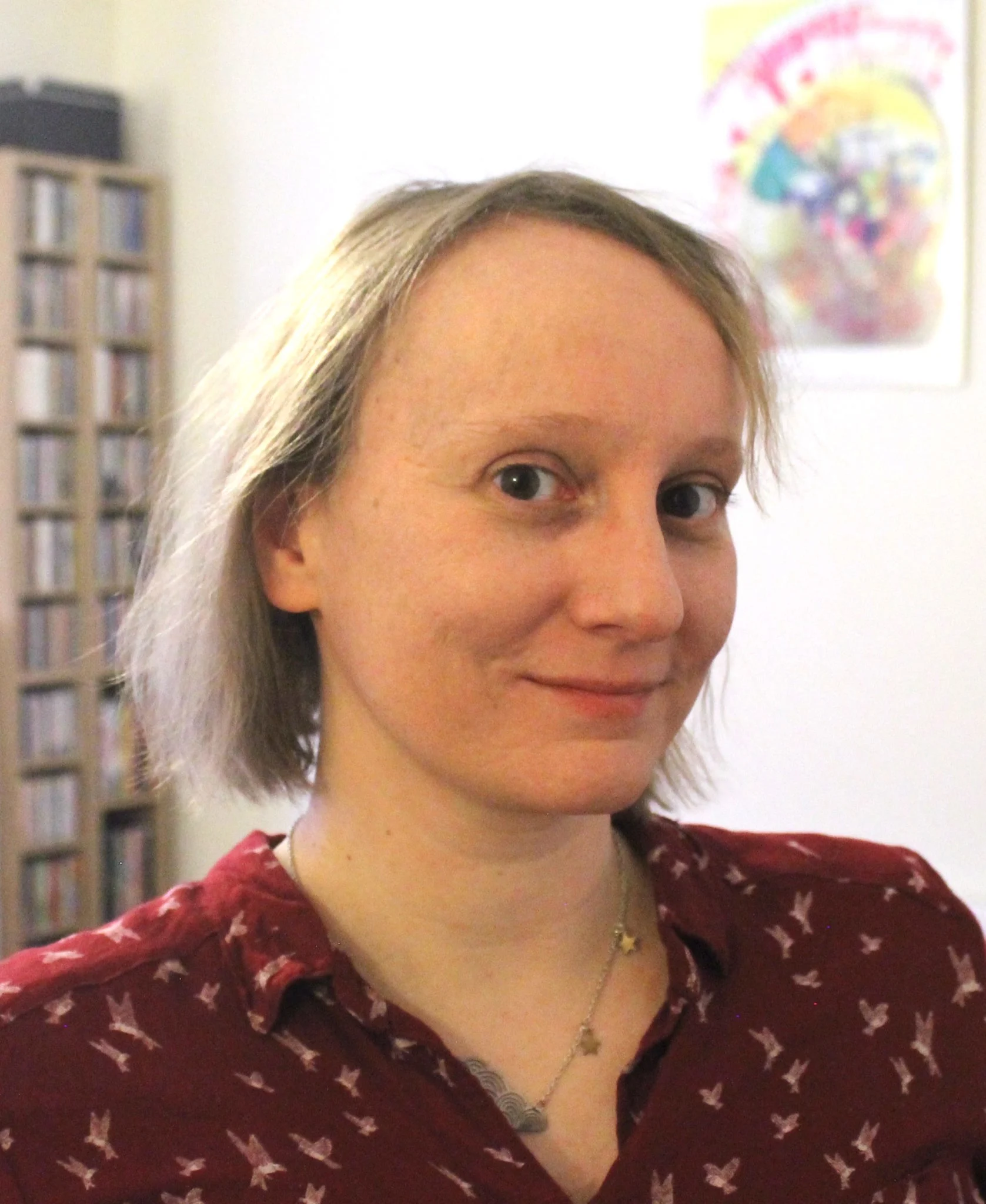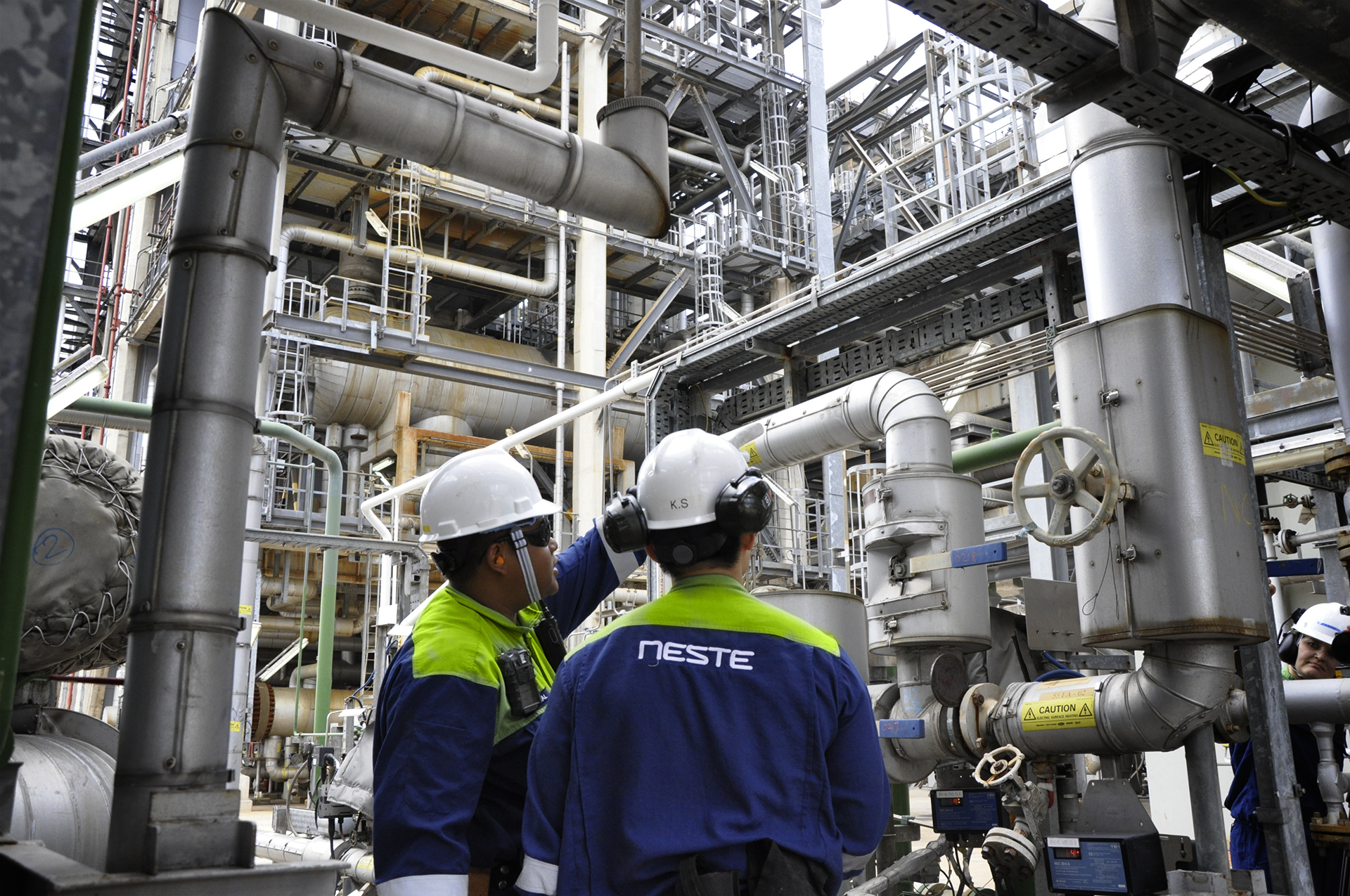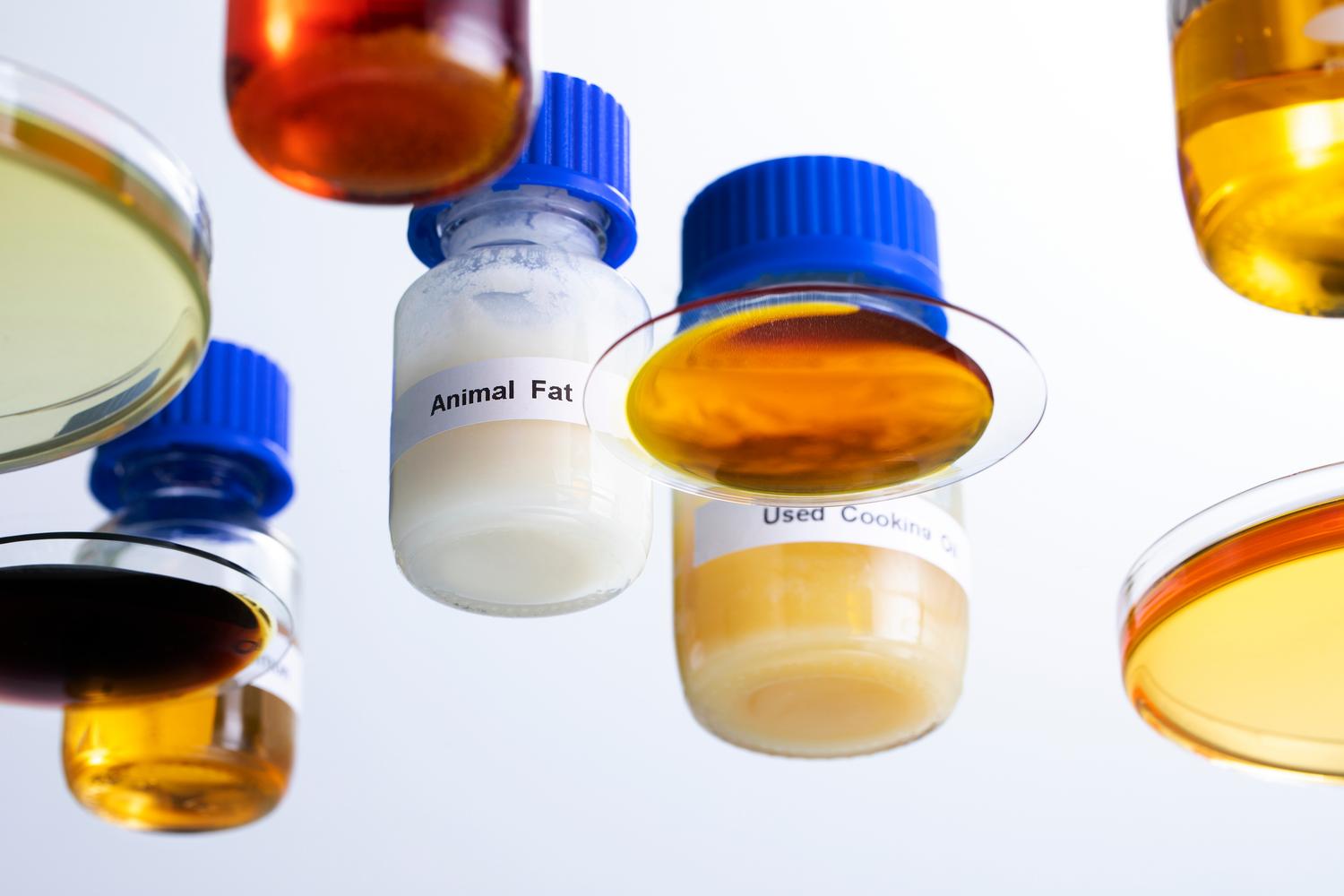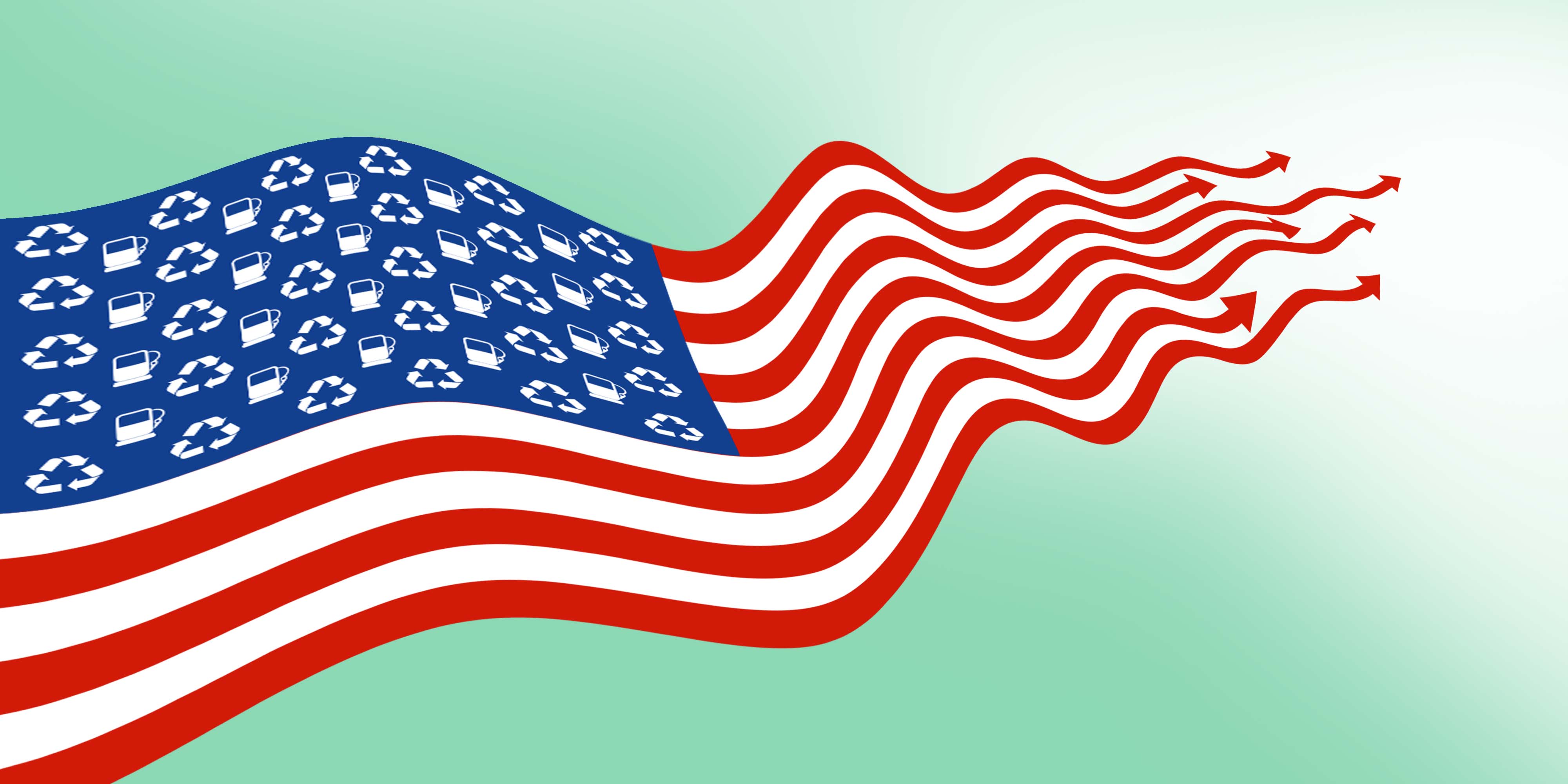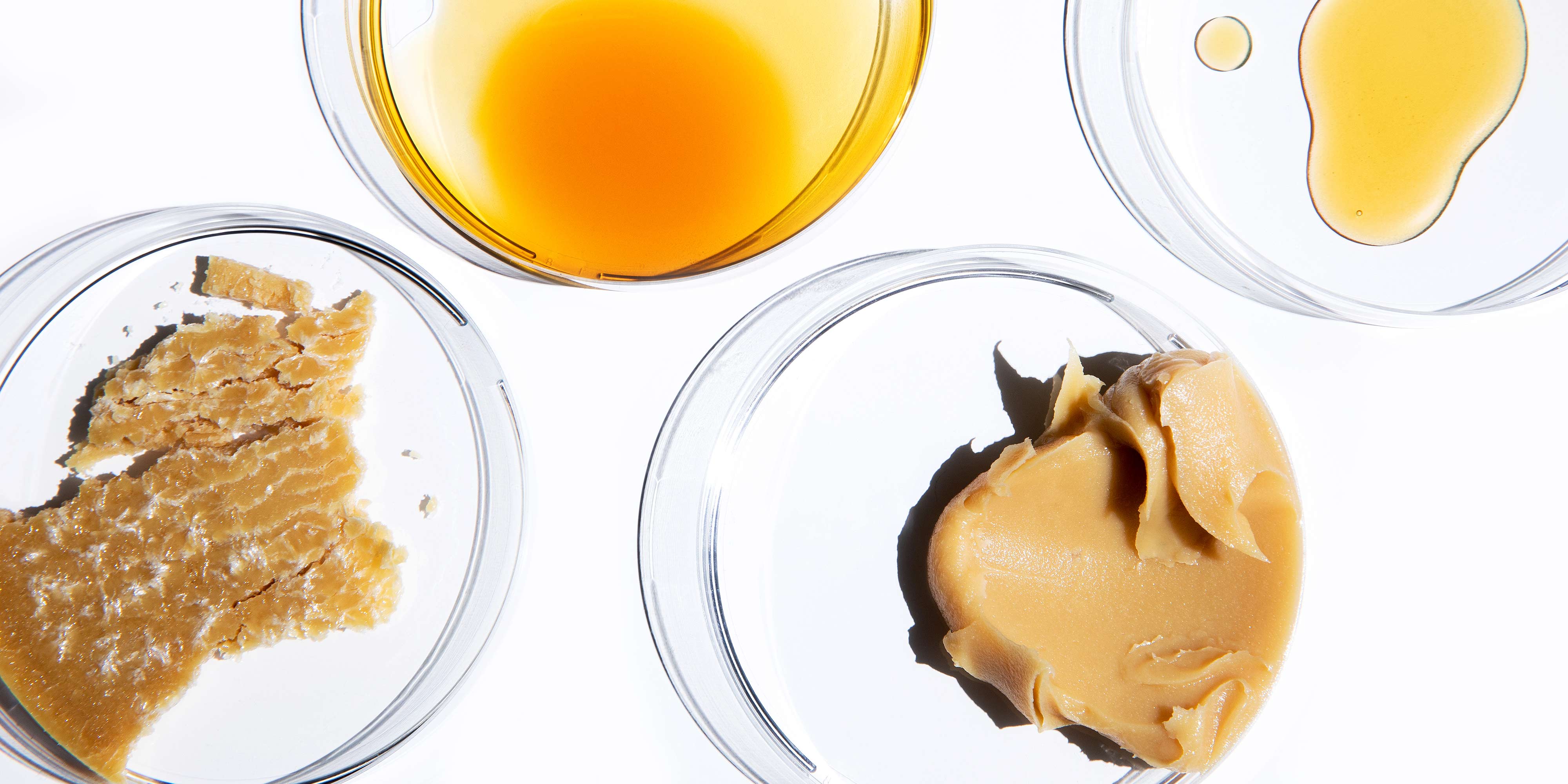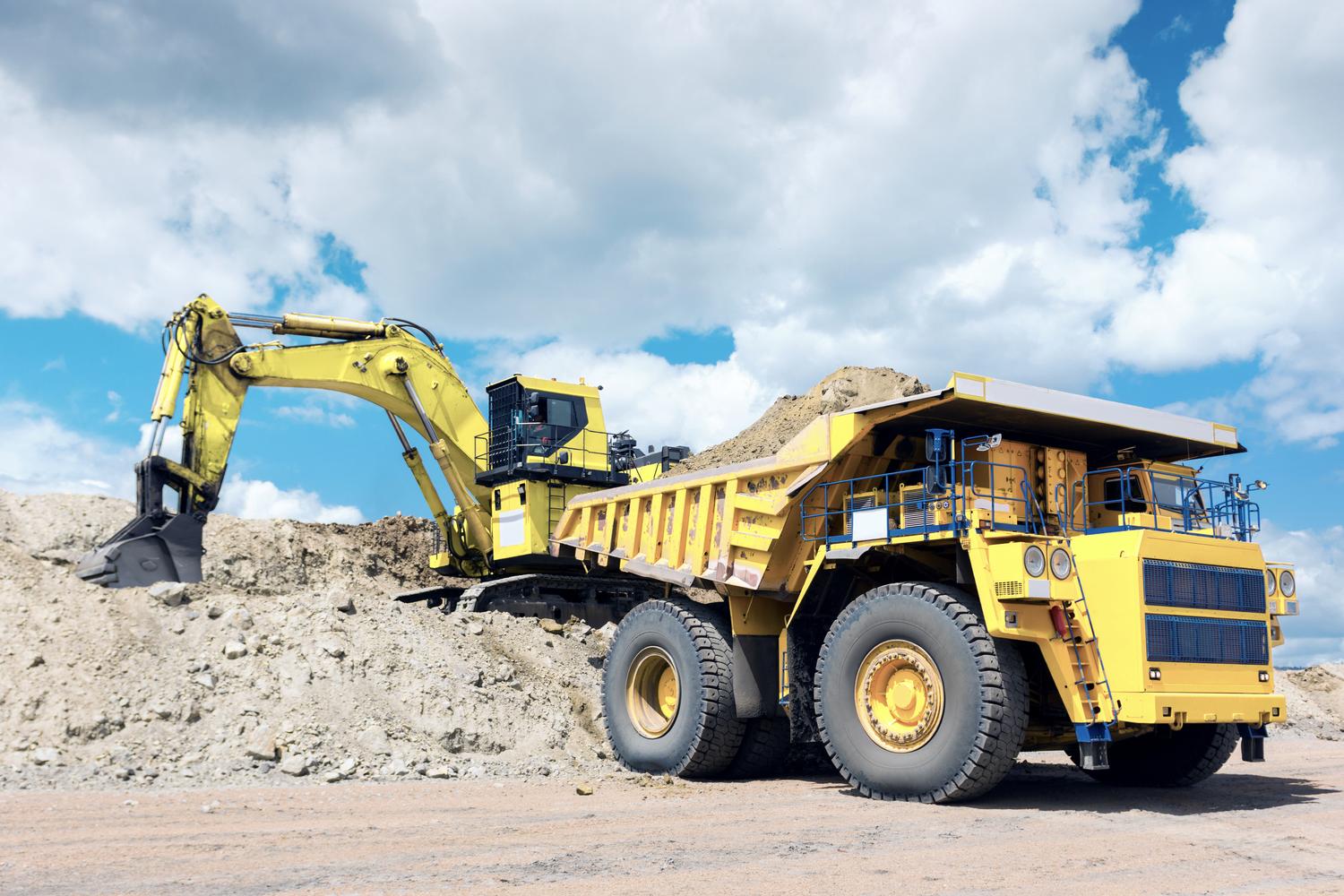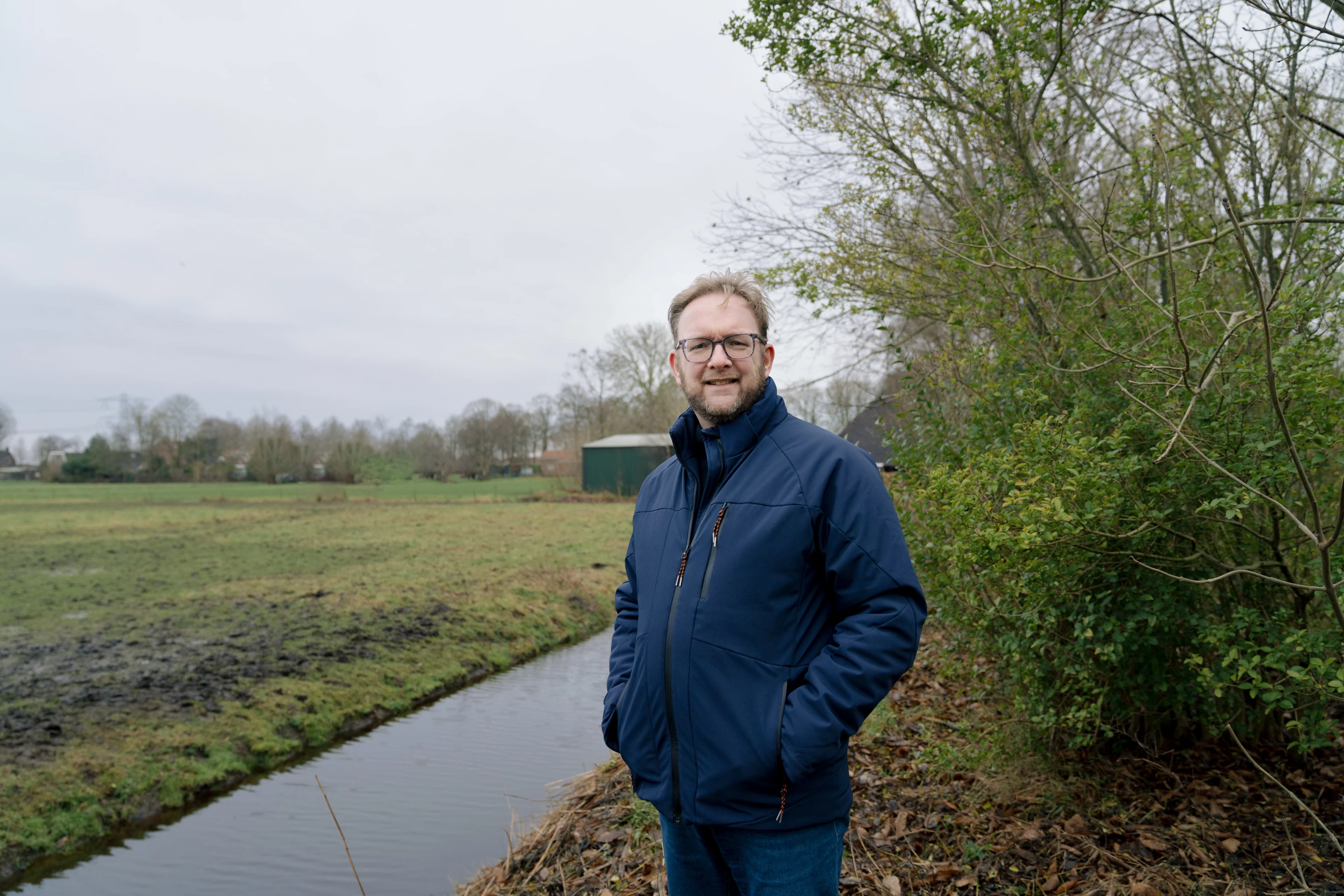
Renewable solutions
9 minute read
The Brave & the Innovative: sustainable fuel pioneer Germ Wiersma
In times of peak uncertainty, the temptation is high for businesses to deprioritize sustainability. But Germ Wiersma, a 5th generation fuel trader and CEO of Future Fuels, has always known how to convince clients to make the right choice – the one for sustainability and cutting greenhouse gas emissions. After all, it’s what his family has done for 150 years.
Recently, Germ Wiersma bought a curious piece of property not many would be interested in: an old wooden warehouse in the Dutch province of Friesland.
It’s in a great location along the water. In colder winters you could even see thousands of ice skaters skate past the warehouse on the frozen canals as part of the famous, almost 200 kilometers-long “Elfstedentocht” route.
The storage unit was built by Germ Wiersma’s great-grandfather along the interconnected Friesian waterways that formed the original transport route of the Wiersma family fuel business. Ever since 1871, they’ve been selling fuels to farmers and other clients, and in the early days they used sailboats for transportation.
Today, with Germ Wiersma as 5th generation fuel trader, sustainability is again a major factor of the business.
While he almost took a different route, Wiersma is now CEO of Future Fuels Wholesale, launched in 2015 to focus exclusively on renewable diesel – and how he got there is a fascinating look at the history of fuel use in the Netherlands, a trailblazing country in fighting climate change with more sustainable fuels.
Five generations of sustainability-minded leaders
“It all began with Pake Haitze,” Germ Wiersma says, using the Friesian word ‘pake’ for grandfather. “He started the family business by buying soil from ‘terpen’ and selling this to farmers for their lands”.
Terpen are mounds to which farmers and villagers fled if a flood came, and they were in use until the 16th century. These days, the Netherlands are protected by dikes and other engineering works that serve as examples for flood-prone areas around the world – from the marshlands around Cambridge in the UK, to New Orleans in the USA.
After the terpen lost their purpose as flood protection, the ground was sold as fertilizer. In 1871, ‘Pake Haitze’ and four other entrepreneurs would dig up terpen soil by hand and load it onto their boat to take it to areas that needed fertilizing.
From terpen the Wiersmas moved on to selling peat for energy, and ever since, they’ve dealt in many different types of fuels. In 1992, Germ Wiersma was the 5th generation to join the family fuel business, Wiersma Olie & Techniek. With his most recent switch to providing renewable diesel, he’s made the company more successful than ever.
But initially, he almost went a different route.
From truck driver to consultant
“When I was young, my father could see that petroleum furnaces were disappearing and advised me to focus on central heating repair and installation instead,” Wiersma recalls.
Germ followed the advice, but after finishing his degree, his nature pulled him towards the family business. He decided that he’d rather drive the tanker truck for the family business to deliver diesel to agricultural clients.
“You and I get fuel at a petrol station,” says Wiersma,” but farmers often have a tank on their property with fuel for their own tractors.” In the tanker truck he would pick up diesel from a wholesale fuel company, and then deliver it to their clients. It was a fun job, but not particularly lucrative, so he became a salesman for the family business instead. “I thought it was the most awful job, but I had to do it because we couldn’t make ends meet on my driver’s salary.”
"The more he learned, the more it became clear that the fuel industry would have to change dramatically."
Being a salesman taught him to be the storyteller he is today, but he soon realised that he would rather use his newfound communication skills to provide people with advice rather than for sales.
To be a good consultant, though, he had to first become an expert on diesel and related products. “I read about lubricants and fuels, I did a degree to study as a lab technician, I took courses on product development.” The more he learned, the more it became clear that the fuel industry would have to change dramatically.
A fuel trader stewarding the Earth
Climate change was a growing concern in the 1990s and it’s a real and urgent threat everywhere, but particularly in the Netherlands, and particularly in regions like Friesland.
Where world-renowned dikes were once enough to protect the country from flooding, the Dutch are now also looking beyond engineering to new tactics to address global sea level rise.
One aspect of this is taking an active role in promoting a serious reduction in CO2 emissions: The Dutch Climate Act has set a target of drastically reducing greenhouse gas emissions by 49 percent by 2030 compared to the emission levels in 1990, and by 2050 this reduction should be as high as 95 percent.
"I see us as having a stewardship responsibility of the Earth."
Whether these targets can be reached depends in a large part on how the country adapts to new fuel sources. Even though biofuel use has gone up in the last few years, and the Netherlands is among the top three biofuel producing countries in Europe, there is still a lot of work to be done, and fuel traders play an important role.
Wiersma is up for the challenge. “As a Christian, I see us as having a stewardship responsibility of the Earth,” he says, and follows it with a Dutch expression (originating from a government campaign) that has become a modern proverb in the last few decades: “A better environment starts with yourself.”
For Wiersma, that means he took a good look at what he could change in his own line of work, and he started offering his clients a choice of a new fuel.
Convincing clients to pay for sustainability
In 1992, after extensively researching the newest and most sustainable fuel options, Wiersma first introduced his customers to biodiesel, as one of the first fuel traders in the country.
Initially this was so-called first-generation biodiesel, until the “food for fuel” issue became apparent. Not wanting to use up agricultural land for fuels, the business then briefly explored gas-to-liquid fuels as an alternative. However, these fuels are made from natural gas and are plagued with extremely high CO2 emissions.
“We’re always looking out for the newest fuel developments,” Wiersma says. “And that’s how we ended up at Neste’s front door in 2012”. They had learned about Neste’s work on renewable biofuels and realized that using its Neste MY Renewable Diesel would address the CO2 emissions issue without sacrificing potential food sources. Indeed, Neste MY is refined from renewable waste and residues and other renewable raw materials and cuts greenhouse gas emissions up to 90 percent compared to traditional diesel over the fuel’s lifecycle.
Besides, “Neste’s values aligned very well with our own,” Wiersma adds. “We’re much smaller, but we’ve got the same DNA.”
"Wiersma had learned how to convince clients to switch to a more environmentally friendly fuel."
However, getting Neste abroad took a bit of convincing, as “there was practically no demand for biofuels in the Netherlands back then,” as Wiersma points out. Luckily, Wiersma had 20 years of experience selling biodiesel and had learned how to convince Dutch clients to switch from a more affordable fuel to a more environmentally friendly one.
That’s where being a multigenerational family business really paid off. The Wiersma family takes pride in creating personal connections with their clients, being honest with them and staying up to date on innovation. “We’re already thinking about what the next big step in fuel technology will be.” He is keeping his eye on future solutions, like Power-to-X, but for now the focus is on Neste MY Renewable Diesel.
Future visions for next generations
As the demand for Neste MY Renewable Diesel grew, they decided to set up their own wholesale trading entity, Future Fuels, within the larger business of Wiersma Olie & Techniek.
There’s also a third branch of the company, Wiersma Trading, which deals with international export. But all three companies are run by the same 26 members of staff, and it remains a family business. Even the dog, Diesel, has a profile picture on the company website and the formal job title of Head of Security.
"For Wiersma, taking care of the planet is closely related to taking care of the future of his family."
In 2021, the family business has been around for 150 years and Wiersma is looking forward to marking the occasion with a big celebration later in the year “We’ll be on stage with the fourth, fifth, sixth and seventh generation”. Then he catches himself thinking too far ahead. “Well, I guess we’ll just have to see if the seventh generation wants to keep the company going.”
For now, though, Future Fuels and the parent company are going strong, and being ever more sustainable is the ultimate goal for Wiersma. For him, taking care of the planet is closely related to taking care of the future of his family.
And for a born-and-raised Friesian, climate change is scarily close to home.
From the historic warehouse that he just brought back into the family you may be able to see ice skaters along the Elfstedentocht route, but the skating event hasn’t happened since 1997 and nobody knows when, or if, it will take place again.
None of the past 23 winters have been cold enough for the ice to be able to hold the weight of all those skaters, and as time goes on, the odds of the route freezing over is getting smaller. For the Dutch, the apparent disappearance of the beloved Elfstedentocht is an unmistakable harbinger of climate change, and a reminder to take action to prevent even bigger problems.
As Wiersma knows very well, Friesland and many other parts of the Netherlands are on precarious ground if sea levels rise too much. After all, his family business was built by trading soil from terpen that once protected the population from floods.
Still, ever the storyteller, he jokes about it: “One day we might have to buy back the terpen that my family sold. We might just need them again.”
